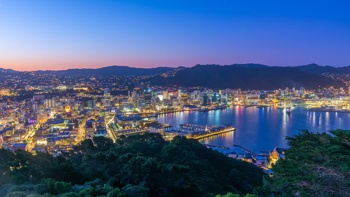Really interested in this Medical Journal piece about emergency departments.
The impression we often get is they're horribly overcrowded, patients lying in corridors for hours in agony, constant panic stations.
Friday and Saturday nights are bedlam, we're told: drunks staggering around the place, people unleashing their stress and anger at the staff.
And in the winter, people with coughs and colds packing out the waiting area.
Hospitals are begging us to go to our GPs, even giving out vouchers to take the pressure off, because a lot of people can't afford to pay for a doctor's visit.
What the Medical Journal piece says is that actually, New Zealanders overall make fewer calls to A&E than people in other countries.
So, what does that tell us?
Do we need more A&Es? Or would it be better to spend a greater chunk of the health budget in primary care?
Have we fallen victim to a perceived need for the glamour projects like new hospitals?
Would more GPs on the ground, especially in rural New Zealand, improve our overall health?
And where do the privately run A&E centres fit in?
Free healthcare at the point of delivery —in other words you pay for it in your taxes— is on the face of it simpler and more cost-effective.
But the reality is that some GP surgeries are technically insolvent. Half our existing doctors are planning their retirement, and there's nowhere near enough new ones on the way to replace them.
I'm hoping we'll shed more light on this before six, but it's obviously a complex situation.
Dr Reti was making all the right noises when he was on with Mike this week.
He's repeatedly said the system is in crisis, and now's the time for him to show that a crisis can sometimes be an opportunity for real, radical change.
Take your Radio, Podcasts and Music with you










